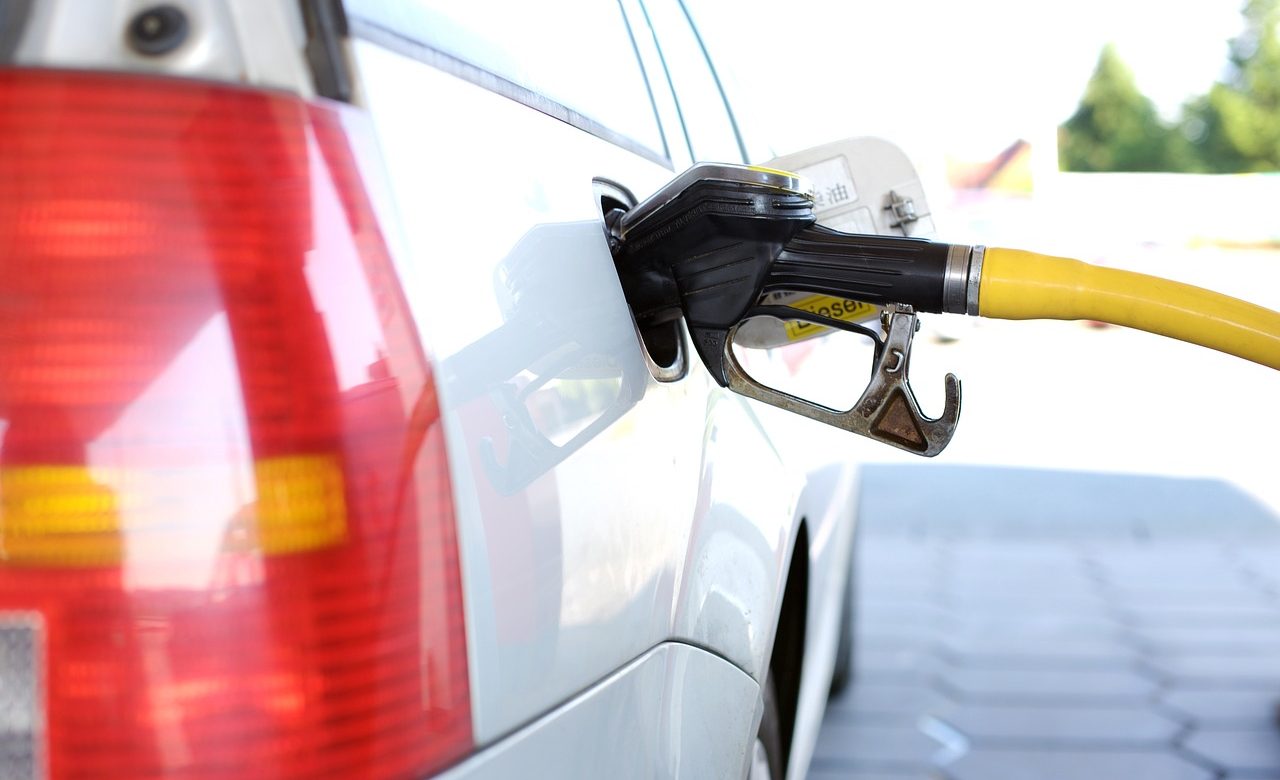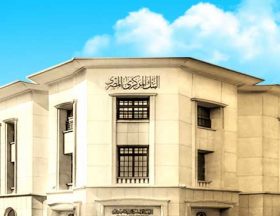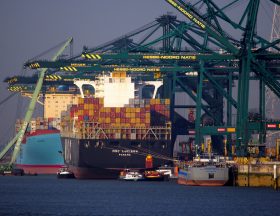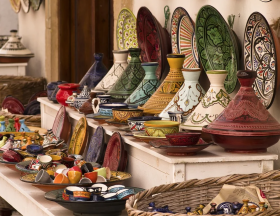The Council of Ministers adopted, Wednesday, March 17, the electricity sector reform plan prepared by the Minister of Energy Walid Fayad. This reform is among the requirements of the International Monetary Fund (IMF) and donors, including for agreements on the import of Jordanian electricity and Egyptian gas.
According to some local media, the Council of Ministers refused the construction of a new power plant in Selaata, which Walid Fayad’s plan provided for. However, the installation of a third plant remains an option under consideration.
The cabinet would also have asked the Minister of Energy to prepare, “within two months”, the specifications for the calls for tenders for the construction of two power plants in Deir Ammar (North) and Zahrani ( South) for a capacity of more than 800 MW each. Finally, a regulatory authority could see the light of day during the current year.
Fuel prices are on the rise again leading to a strike at service stations
Fuel prices recorded further increases this week. According to rates published by the Ministry of Energy, the 20 liters of 95 and 98 octane increased by 17,000 pounds in two days (+4.07% and +3.98%), reaching 434,000 and 444,000 respectively. LBP (i.e. approximately $18.31 and $18.73 at the parallel rate).
The gas cylinder saw its price increase by 11,000 LBP (+3.80%) reaching 300,000 LBP (i.e. approximately $12.66 at the parallel rate) over the same period.
As for the price of fuel oil, it recorded a third increase on March 24 to sell at 522,000 LBP (or around $22.02 at the parallel rate), after a jump of 97,000 pounds (+22.82%) In a week. At the same time, fuel distributors began a strike on March 21 to challenge a government measure (standardization of vehicle tanks).
Lebanon is once again experiencing significant difficulties in terms of fuel imports given the international context and local tensions. According to the spokesperson for the petrol station owners, the Banque of Lebanon (BDL) would now adopt the Sayrafa rate to supply 85% of the bill for imported fuels.
Source Embassy of France in Lebanon











Réagissez à cet article